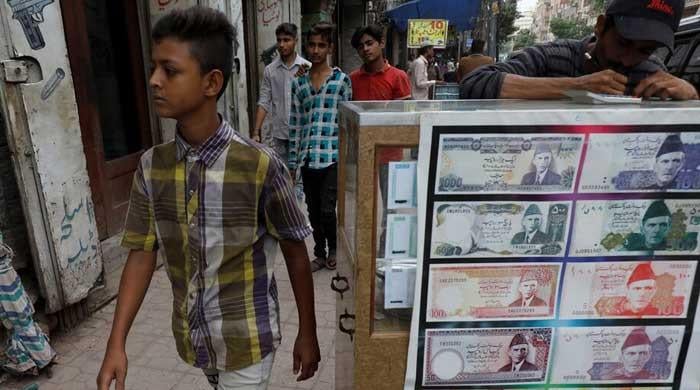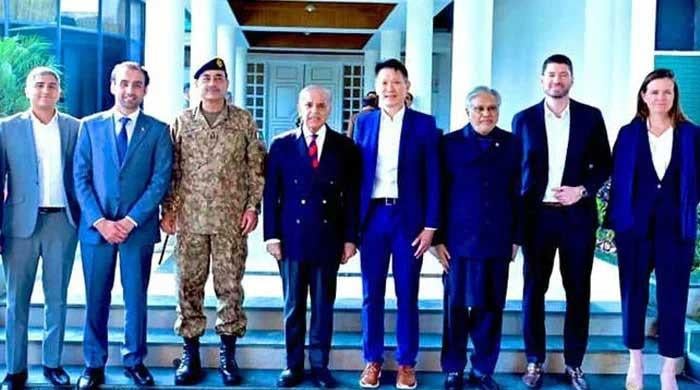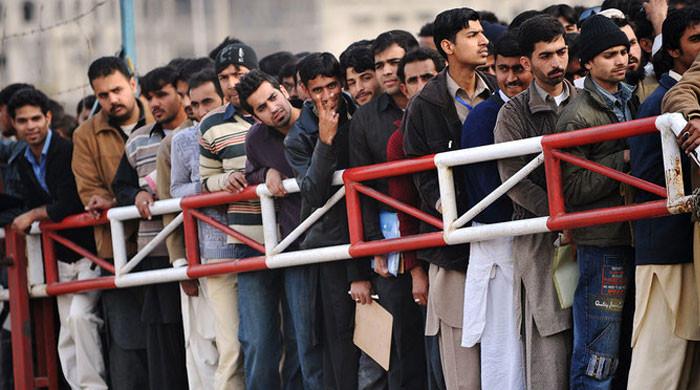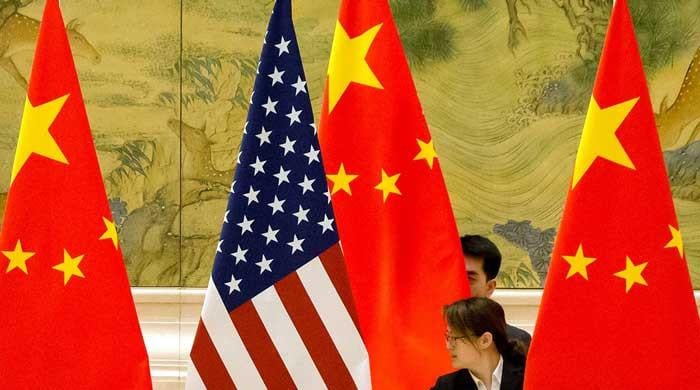Sound bites: Experts weigh in on the mini-budget
Reactions from analysts to the Finance Supplementary Second Amendment Bill 2019
January 24, 2019
Waiting for a plan, not another mini-budget
By S. Akbar Zaidi
It is high time that the Pakistan Tehreek-e-Insaf (PTI) government realised that what Pakistan’s economy needs, is a substantive economic plan, not corrections and interventions on the margin.
In many ways, the just-announced second ‘mini-budget’ of this government, within five months, continues to reveal the lack of planning and imagination on the part of the government. The government and the finance minister have not realised, that what investors and the public are waiting for, is some comprehensive direction for the economy, rather than some supply-side antics, such as reducing a tax rate here or there, as Finance Minister Asad Umar has just announced.
To be fair, however, one must recognise the fact that the Finance Minister did mention that he would release his Medium Term Budgetary Framework ‘shortly’. This MTBF is far more important than any sort of marginal intervention made by him. A mini-budget is merely a side-show accounting exercise and does not lay out policy directions, and this is where the MTBF is essential.
Only when the MTBF is announced, will one get a sense of what the government wants to do with the economy. And, if the finance minister is going to announce his Medium Term Budgetary Framework in the next few days, then the so-called mini-budget loses all significance and will not have much consequence. This is also the case since the minister announced that some of the measures taken in the mini-budget, will only come into effect in the new fiscal year, after July 1, 2019. This, then, is even stranger, for one expects that the incumbent government will have a full budget sometime at the end of this fiscal year by end June, and will announce all new measures then.
If, as the Finance Minister stated in his speech, this was not a ‘new budget’, but an ‘economic reforms package to fix the economy’, we are in even greater trouble than we imagined.
Zaidi is a political economist who teaches at Columbia University in New York and at the IBA in Karachi.
.
.
SMEs, small taxpayers, diaspora to benefit
By Dr Vaqar Ahmed
There were definitely some positive points, such as incentives for the promotion of small and medium-sized enterprises in Pakistan. Through the mini-budget, the government reduce the tax rate on SMEs and further encouraged and incentivised banks to lend money to such enterprises.
Then, there were measures to ease tax compliance and reduce the cumbersome procedures that genuine taxpayers have to face. Now, the tax system has been made relatively simpler. The condition for small taxpayers to submit monthly tax statements has also been removed.
Similarly, the super tax on non-banking companies has been abolished, starting July. This measure alone should encourage large businesses to invest in the country.
Moreover, it seems that through this budget, the Pakistani diaspora is being encouraged to send in more money, as the advance tax on remittances sent through banking channels, has been brought down.
One also sees that there is a move by the government to curtail non-essential imports, which is much-needed as we lack foreign exchange and the value of the Pakistani rupee is under pressure.
But that said, the government still needs to clarify or make a better effort on three fronts. One is administrative reforms in the Federal Board of Revenue (FBR). No matter what incentives the PTI-led government rolls out if the tax administration is unwilling to implement the policy, or do not have the capacity to implement that tax policy, then what is the point? Two, the government should explain how it is trying to bring more efficiency in development spending. Since, it has to spend a large amount in the water sector, to build roads, railways, and other infrastructure sectors. Will the government cut down on these expenses or increase them? Unfortunately, the finance minister’s speech was silent on how he will boost infrastructure spending to promote long term growth.
Lastly, we also want to know how the government will cut down on non-essential spending, such as large ministries. The PTI manifesto states that it will reduce the number of ministry departments. But there is no mention of that in the mini-budget. The manifesto also promises to reduce state staff, who are not productive. For example, a large chunk of the staff in the public sector enterprises are being paid but are not working.
Ahmed is joint executive director of the Sustainable Development Policy Institute, Pakistan.









